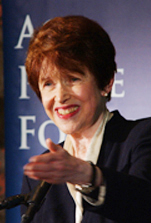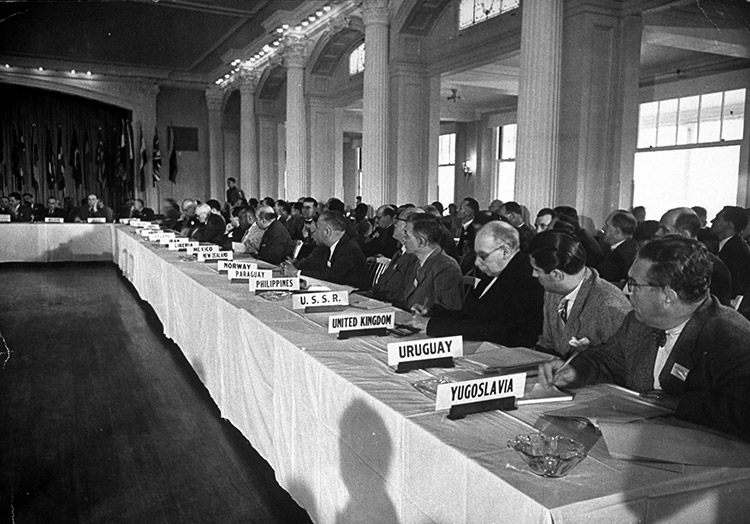 July 25, 2019
July 25, 2019
In the July 23, 2019 Ms. Magazine article Finally Half the Sky at Bretton Woods—75 Years Later, Rickey Gard Diamond highlights a fragmented economic system and a gendered system of values in a “financial inequality [that] most often still wears a female face worldwide.”
The article, part of the Women Unscrewing Screwnomics Series, refers to Riane Eiser’s recent keynote speech at the July 23, 2019 Bretton Woods Global Economic Visioning Summit, where she called attention to old paradigms of thinking that exacerbate economic inequalities and reveal embedded patterns of gendered values in our current economic system. Eisler calls out how the GDP “puts negatives (measures of activities that harm life) in as positives; it fails to include the huge economic value of the essential activities in the three economic sectors ignored in present thinking: the natural economy, the volunteer economy, and the household economy.”
The U.S. invests less than half as much as any other developed nation in its families, and also has the highest infant and maternal mortality rates and the highest child poverty rates of any developed nation in the Organization for Economic Cooperation and Development (OECD)1.
“We can quantify the economic value of care work. And it’s huge.” —Riane Eisler

Diamond, author of Screwnomics: How Our Economy Works Against Women and Real Ways to Make Lasting Change, mentions the Center for Partnership Systems’ work in a caring economy of Partnerism and the Social Wealth Index (SWI) initiative, which according to Eisler would “fill in where GDP leaves big holes. SWI recognize that care and education in early childhood and throughout life relates to developing high-quality human capital and wider prosperity, as do human connections to a healthy natural environment.”
The Ms. article refers to Eisler’s new book Nurturing Our Humanity: How Domination and Partnership Shape Our Brains, Lives, and Future, co-authored with noted anthropologist Douglas P. Fry. The book underscores the stresses of a domination system on children, and advocates for building partnership systems. “Eisler and Fry make the case for [caring as a human value] being our most essential evolutionary advantage.”
1. UNICEF Study Confirms: The U.S. Ranks Last For Family-Friendly Policies
https://www.forbes.com/sites/marybethferrante/2019/06/21/unicef-study-confirms-the-u-s-ranks-last-for-family-friendly-policies/#6e90164233ba



Leave a Reply